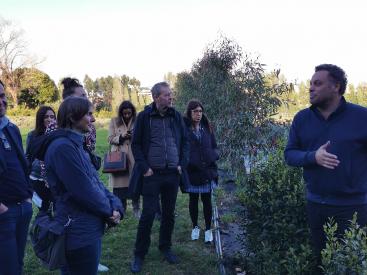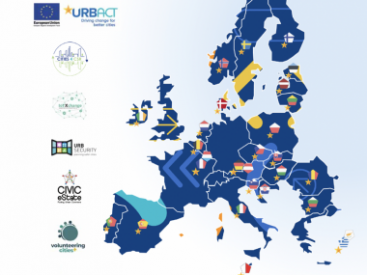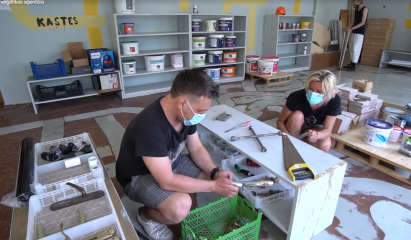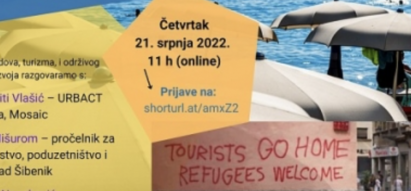Zhodnotenie programu URBACT III (2014-2020)
Operačný program URBACT III v rámci programového obdobia 2014 – 2020 vyhlásil celkovo 5 výziev na predkladanie návrhov na tvorbu tematických sietí, ktoré pomáhajú mestám po celej Európe plánovať, realizovať a zdieľať udržateľné riešenia súčasných hospodárskych, sociálnych a environmentálnych výziev. Z celkového počtu vyhlásených výziev vzniklo 90 unikátnych partnerstiev, ktoré združili a prepojili 428 európskych miest vrátane mestských aglomerácií, mestských častí a univerzít. V posledných troch vyhlásených výzvach v rokoch 2018, 2019 a 2020 o operačný program URBACT III prejavilo záujem 11 slovenských miest, z ktorých 5 miest bolo úspešných a schválených Monitorovacím výborom operačného programu URBACT III.
















